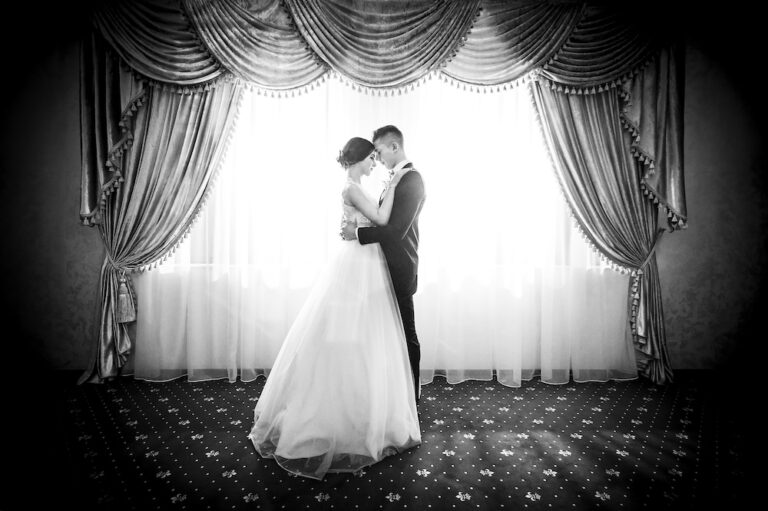ne explétif
Despite its name, the “ne explétif” has nothing to do with the English word “expletive,” which refers to a swear word or exclamation. Instead, “explétif” in French comes from the Latin expletivus, meaning “to fill.” The “ne explétif” is essentially a stylistic or grammatical marker that has no direct effect on the meaning of a…









